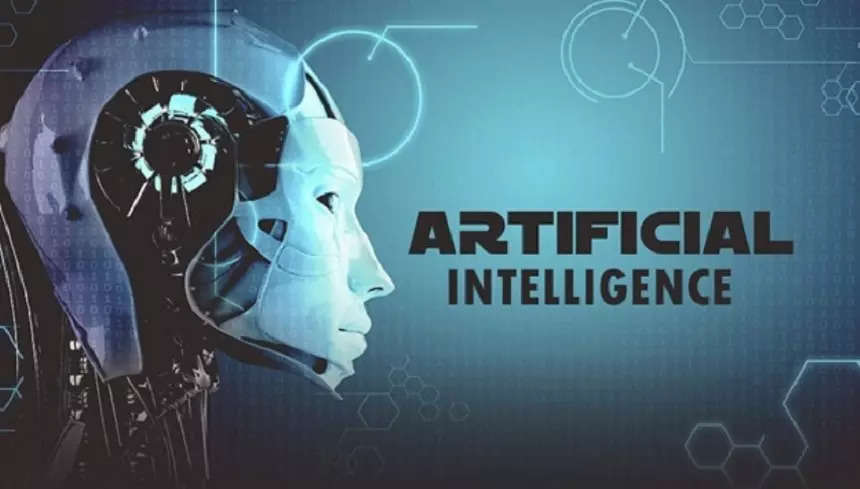Before digitization, marketing was pretty easy. Marketers used customer profiles derived from transactions and demographic data to segment and run campaigns across a limited number of channels (mostly direct mail and email). But as consumers got increasingly online and companies updated their technology to track behaviors on the web, email, mobile apps, and more, the amount of behavioral data exploded. Brands tried to use this data for customer analytics and personalization, but the size and scope of the data was beyond the capabilities of the marketing team.
The AI hype has spawned many myths in the mainstream media, on boards of directors, and across organizations. Some worry about an “almighty” AI that will take over the world, and some think AI is just a buzzword. The truth is somewhere in the middle.
AI doesn’t just increase everyday jobs. IT executives need to add value to AI by realizing business benefits such as lowering costs and improving operations by delivering practical applications of the technology.
Myth No. 1: AI is an unnecessary luxury in times of the COVID19 pandemic
AI is becoming an important factor for cost optimization and business continuity during the COVID19 crisis. Contrary to the misconception that AI is an unnecessary luxury when businesses grapple with uncertain cash flows and economic conditions, AI generates revenue. You improve customer interaction, analyze data faster, generate early warnings about impending failures and automate decision-making.
Myth No. 2: AI and machine learning (ML) are the same and interchangeable
Machine learning is a subset of artificial intelligence. ML requires a well-designed training and data collection strategy. AI, on the other hand, is an umbrella term for a wide range of computer engineering techniques, ranging from ML and rule-based systems to optimization and natural techniques. Language processing (NLP).
Myth No. 3: Intelligent machines learn by themselves
A finished machine learning product gives the impression that it can learn itself. Training data and most importantly the continuous updating of the software to allow the integration of new insights and data into the next learning cycle.
Myth No. 4: AI can be 100% objective
All AI technology relies on data, rules and other input from human experts. Since all humans are naturally biased in one way or another, so is AI. Systems that are frequently retrained, for example using new social media data, are even more susceptible to unintentional bias or willful malicious interference. Even if your current AI strategy is “no AI”, it should be a conscious decision based on research and deliberation.
Myth No. 5: AI will only replace everyday jobs.
AI enables companies to make more accurate decisions through predictions, rankings, and groupings. These skills have enabled AI-based solutions to penetrate deeply into work environments and not only replace everyday tasks, but also expand more complex ones.
Myth No. 6: My Company Doesn’t Need an AI Strategy
Every company should consider the potential impact of AI on its strategy and how this technology can be applied to the company’s business problems. In many ways, embracing AI is tantamount to forgoing the next phase of automation. and it could put companies at a competitive disadvantage.


